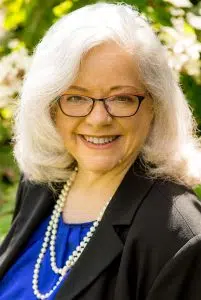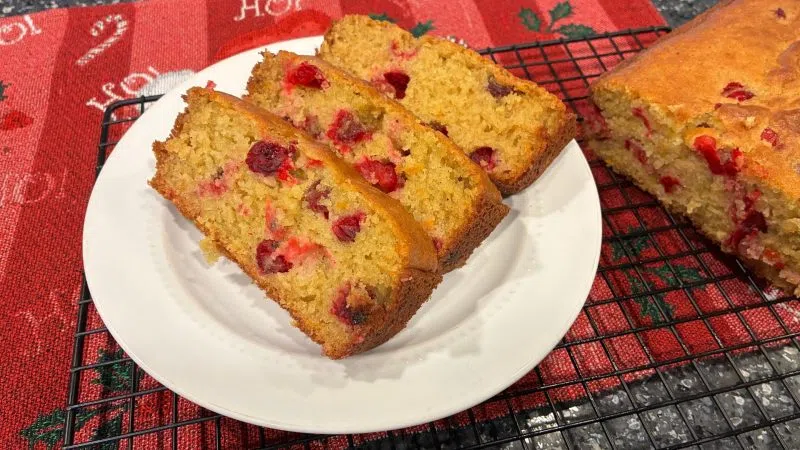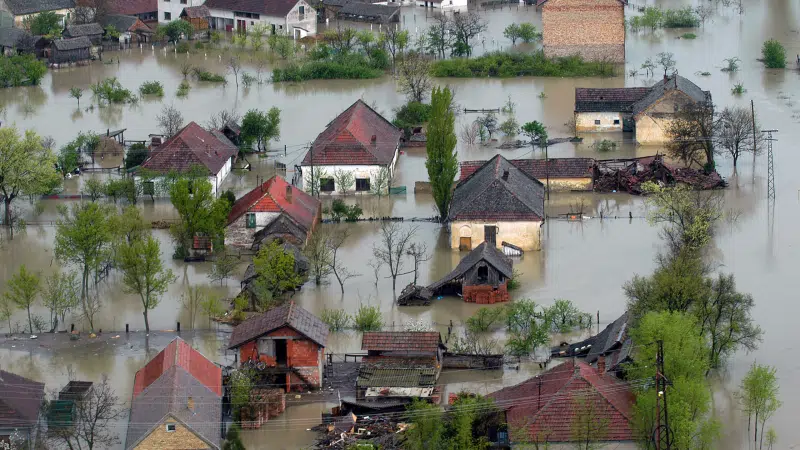As kids, my brother Ray and I referred to the Christmas of 1969 as “The Year Without a Tree.” As I became an adult, however, and looked back on the events of that chaotic winter, I realized that it was, in fact, the year that Mother did it all.
Mother was an only child, so when my grandfather fell seriously ill, she was the only one my grandmother could call on for help. Yet we lived more than 200 miles away at the time, and our own family’s finances were stretched to the breaking point. My father, who was a long-haul trucker, was working as much as he could, and his long trips left my mother in charge of everything—the house, the bills…and two teenagers.
As Christmas closed in, the three of us made even more trips to my grandparents’ house. With barely enough money for gas, Mother would pack sandwiches and snacks, and off we’d go, driving those 200 miles several times that December. During one of those trips, my exhausted mother broke the news that Christmas would be barren that year. No decorations, no presents, no tree. Her father was close to death, and neither time nor money existed for any celebration.
We were disappointed, but we knew why it had to be that way, and we chose to help instead. While my mother visited my grandfather, Ray and I took care of my grandfather’s farm. I would feed the chickens and gather eggs while he brought in wood and coal. The old house was heated only by wood stoves and coal fireplaces. When possible, we would also go with Mother to the hospital, as we all knew that my grandfather was in the last weeks of his life. No one wanted to have any regrets.
Christmas Eve brought such a visit, and we returned late to a dark and frigid home. Ray stoked the fires as Mother prepared a cold supper, which we ate quietly. At the end of the meal, Mother called us into her bedroom, lit by the small fireplace and one bare light bulb in the ceiling. She asked us to sit with her, and she took a deep breath.
“What we are going through is not fair to you both,” she said. “I want you to remember this is all about family, and that’s important. But Christmas is also important. Not because of the lights and the decorations and the presents but because it’s about the love of Christ coming to us. It’s about Him and His sacrifice.”
Mother opened her Bible then, and she read the Nativity story from Luke. It was one of our Christmas traditions, and she obviously was not going to let Christmas go by without it. “He was the greatest gift to us, and when we sacrifice for each other, it’s a joyful gift. Just as He chose us, we choose each other.”
She closed the Bible and took each of us by the hand. “I talked to your father, and we decided we wanted to give you a little bit of joy as well.” Then she reached under the bed and slid out a box neither of us knew was there. Inside were two wrapped gifts. “It’s not much,” Mother said, “but Merry Christmas.”
I don’t remember what Ray’s gift was, but mine was a doll I’d wanted—and which I cherished for years. Not because of the doll but because of what it represented: the joy of having a family who pulled together in a time of chaos and sorrow to cling to the happiness found in giving to each other. That the essence, the joy of Christmas, was in giving ourselves to those around us.
 Ramona Richards is an editor, speaker, and the author of thirteen books, including Burying Daisy Doe, a romantic suspense novel, and My Mother’s Quilts, a devotional based on the 30 heirloom quilts she inherited from her mother. She lives in the Birmingham, Alabama, area.
Ramona Richards is an editor, speaker, and the author of thirteen books, including Burying Daisy Doe, a romantic suspense novel, and My Mother’s Quilts, a devotional based on the 30 heirloom quilts she inherited from her mother. She lives in the Birmingham, Alabama, area.

















